New on screen: 'Unrest' a young woman's story of illness, survival and search for understanding9/20/2017
Jennifer Brea documents a medical mystery that altered her life: 'It's an emotional film, in a way that's not depressing. It just breaks you open.'
Update: Unrest earns spot on Oscar documentary shortlist
The photo shows a beautiful couple with bright smiles, the chemistry between them a palpable sign of affection and love. It was published September 2, 2012 in the New York Times to announce the imminent wedding on Martha's Vineyard of Jennifer Michelle Bréa and Omar Tomas Wasow.
"The couple... met at a political violence workshop at Harvard, where the bride is studying for a Ph.D. in government and from which the groom holds master’s degrees in government and statistics," the Times wrote. The article focused on one life-changing event for the young couple -- their impending marriage -- but not another: the illness that only recently had begun to affect the bride in profound ways. My husband, he wasn't sure whether doing this was killing me and making me permanently worse.
At age 28, Brea came down with a dangerously high fever. Instead of passing, the illness left her with debilitating fatigue and other neurological symptoms that puzzled doctors. Eventually she was diagnosed with Myalgic Encephalomyelitis (ME), frequently referred to as Chronic Fatigue Syndrome, a disease suffered by millions of people across the globe yet not well understood by medicine and frequently misdiagnosed as a mental disorder.
Brea decided to record herself as she coped with the disease, investigated treatments and connected with others afflicted with ME. That became the basis of her award-winning documentary Unrest, which opens Friday at IFC Center in New York. The film opens September 29 in Pasadena, California at Laemmle's Playhouse 7 and in Santa Monica at Laemmle's Monica Center (at the latter location, moviegoers also will have the opportunity to experience Unrest VR, a virtual reality companion piece. *More on that below).
"I'm so excited. In some ways it's been four years all leading up to this week," Brea told Nonfictionfilm.com in a phone interview as the opening day approached. "I'm just really grateful to finally be at this moment in part because it's been such hard work."
In the early stages of the project, the hard work often involved travel and 12-hour days, which pushed her body past what it could endure. "I would come back to my house and often just not be able to speak for days," Brea recalled. "That was just too much exertion. It was really kind of awful. I would crash. It would be basically taking about 20 days to return to baseline and then I would do it again. My husband, he wasn't sure whether doing this was killing me and making me permanently worse."
As the project progressed, Brea came up with workarounds to conserve her physical resources.
"We found technological ways to make filmmaking accessible to me given those disabilities," Brea said. "Yes, I directed from bed... No traveling and killing myself anymore, and that made it much more sustainable." A highly successful Kickstarter campaign allowed her to send crews around the world to record others with ME, some of whom had been diagnosed in their teens. She conducted some interviews via Skype. "It was incredible to talk to people who could in some ways interpret for me through their own stories what this experience was and what it meant and how my life was going to be," Brea told us. Unrest also explores the current science around the disease, a condition that disrupts the body's neurological, endocrine, immune, and energy metabolism systems. ME affects more people than Multiple Sclerosis, yet it has commanded comparatively little public attention or funding. "My life chances -- if I was diagnosed today -- are the same as they were when I was diagnosed five years ago, the same if I had gotten this 50 years ago," Brea stated. "There are a number of people who think it could be an autoimmune process, which makes a lot of sense. It's just going painfully slow because there's still no money (for research)."
There are moments of joy in Unrest when experimental treatments temporarily restore some of Brea's vitality, and agonizing moments when intense flare ups leave her in terrible pain and deprived of speech. Her husband Omar remains a loyal and loving presence at her side, although the film is honest about the frustrations that can surface in dealing with such a complicated illness (at one point they argue about the need for Omar to change clothes multiple times to avoid exposing his wife to possible allergens).
Brea said feeling loved has been essential for her ability to handle the illness, just as it is for many with ME. "Everyone in my film is deeply, deeply loved by the people around them. And I think that is not something that everyone has. It's a strong bias in a way in my film," she told us. "I think I needed those stories because I was in such a horrible place that I needed to tell those stories... We all need to love each other more. So if you know someone with a chronic illness, even if you haven't heard from them, reach out because they want to hear from you."
"It's an emotional film, I think in a way that's not depressing. I think it just breaks you open if you want to go on that journey to feel where your heart is again," Brea added. "I hope it does that for people. It brings them into this world but I think it's also life-affirming... I wanted you to have enough of a sense of every person in the film to feel their humanity and that striving to be alive -- even in that context -- enough that you couldn't just look at them as what I would call 'sick body pity objects.' I think a lot of disease advocacy can use bodies in that way and forget that we're the same people with the same humanity, have the same desires and hopes as anyone else does."
Brea told us she hopes moviegoers don't think of Unrest as a 'disease documentary.' "I've had so many people say, 'Oh my god, it wasn't what I thought it would be.' I was trying to think, 'What did you think it would be?'" said Brea. "It's a story about what happens to people when something really horrible upends their lives and how some people are torn apart by that or find a way to hold together. That's really what it is. The circumstances are specific, but ultimately that's the emotional journey. How do you reinvent yourself? I describe it as going from a patient to a person with a disability... This totally broke me and in order to not die, to not take my life, I had to find a way to reconstruct myself and I think everybody does that in a different way. That's what you see happening in the film and through the filmmaking it's me becoming myself again and living a different life, but a life that's still good."
*As noted above, Unrest VR, a companion virtual reality film, will play in conjunction with the documentary at Laemmle's Monica Center in Santa Monica.
"Through immersive, kinetic, and emotionally resonant storytelling, the Unrest VR experience intersects disability, healthcare, and empathy for others, and is an innovative use of technology in the arts," according to publicity materials. "Unrest VR allows the viewer to experience the often hidden world of ME and the complex duality of confinement and fantastical escapism." Per the film's publicist, there is no separate admission fee for Unrest VR. "It's in a separate space at the theater and people will put on goggles and watch at VR stations in that space," the publicist wrote. "It can be before or after the film, or anytime they are in the theater that week. It's not exclusive to UNREST audiences but any Laemmle audiences that week." Note: this piece has been updated to correct photo captions to read Shella Films (not Stella Films). In the final quotation from Ms. Brea the word "drove" has been changed to "broke" and some quotes have been shortened slightly for clarity.
Click to set custom HTML
|
AuthorMatthew Carey is a documentary filmmaker and journalist. His work has appeared on Deadline.com, CNN, CNN.com, TheWrap.com, NBCNews.com and in Documentary magazine. |
- Home
- News
- Videos
-
Galleries
- 2019 Tribeca Film Festival
- Full Frame Documentary Film Festival
- 2019 SXSW Film Festival
- SXSW 2018 Gallery
- 2019 Sundance Film Festival
- Outfest 2018 Photo Gallery
- Outfest 2017
- Sundance 2018 Photos
- 2017 LA Film Festival
- 2017 Cannes Film Festival
- Tribeca Film Festival 2017
- SXSW 2017 Gallery
- 2017 Berlin Film Festival
- Sundance 2017 Gallery
- 2016 Los Angeles Film Festival
- Cannes Film Festival 2016
- SXSW 2016 Gallery
- Berlinale 2016 Gallery
- Sundance 2016 Gallery
- Filmmaker Gallery
- About
- Contact
Proudly powered by Weebly
- Home
- News
- Videos
-
Galleries
- 2019 Tribeca Film Festival
- Full Frame Documentary Film Festival
- 2019 SXSW Film Festival
- SXSW 2018 Gallery
- 2019 Sundance Film Festival
- Outfest 2018 Photo Gallery
- Outfest 2017
- Sundance 2018 Photos
- 2017 LA Film Festival
- 2017 Cannes Film Festival
- Tribeca Film Festival 2017
- SXSW 2017 Gallery
- 2017 Berlin Film Festival
- Sundance 2017 Gallery
- 2016 Los Angeles Film Festival
- Cannes Film Festival 2016
- SXSW 2016 Gallery
- Berlinale 2016 Gallery
- Sundance 2016 Gallery
- Filmmaker Gallery
- About
- Contact


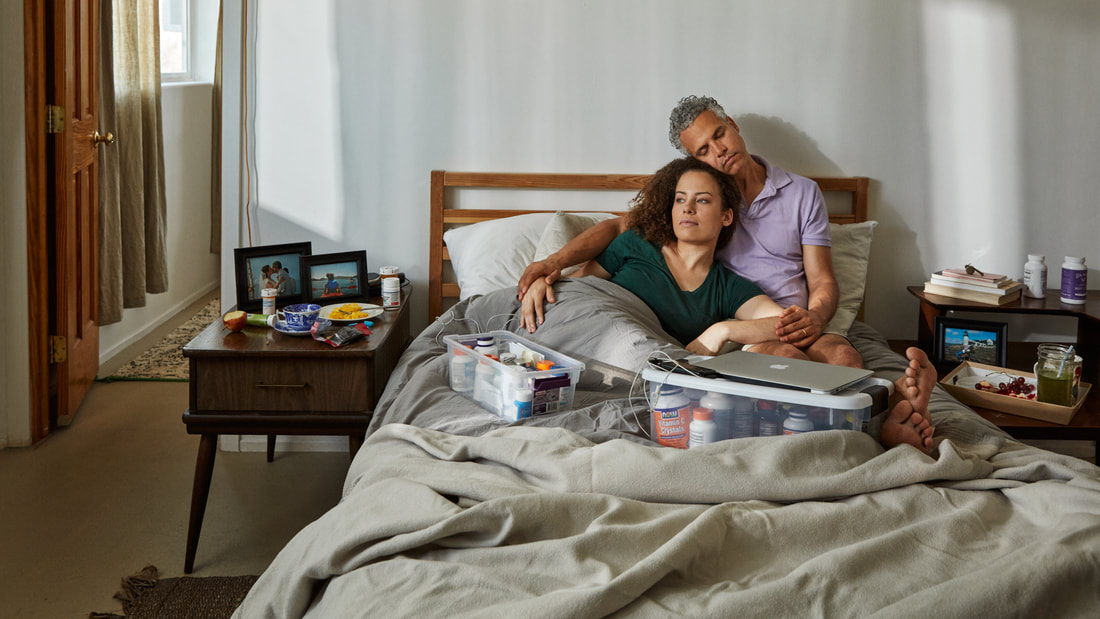
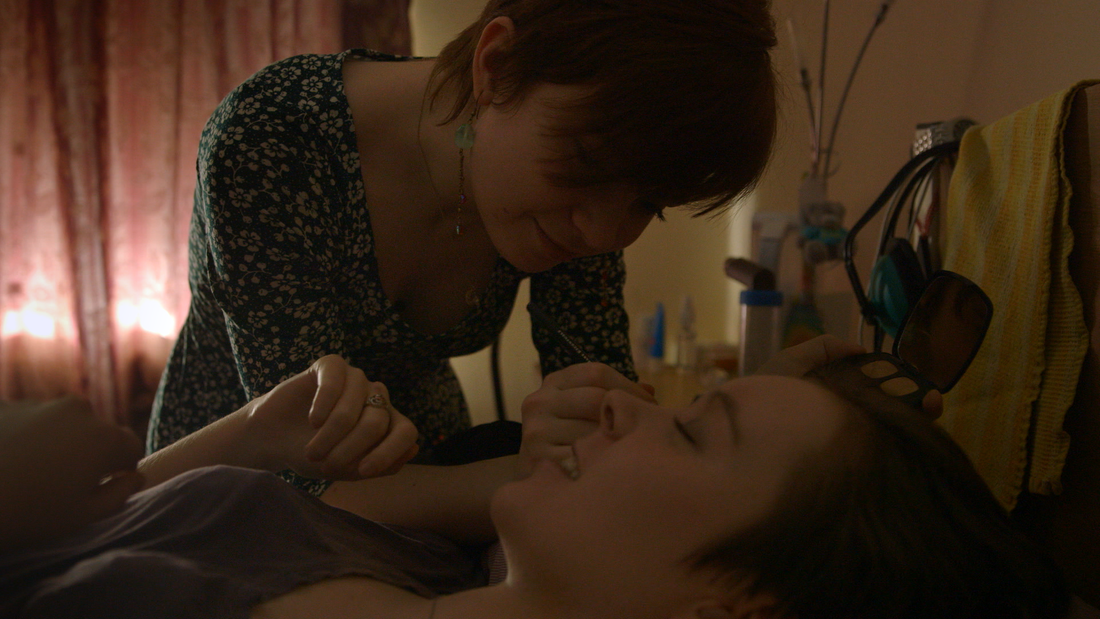
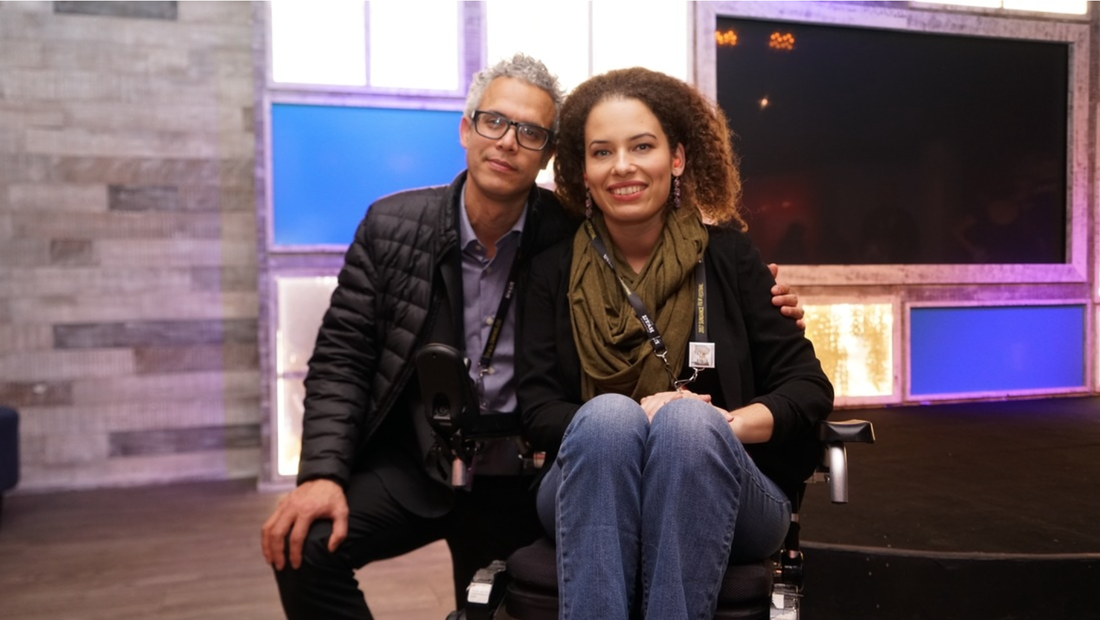
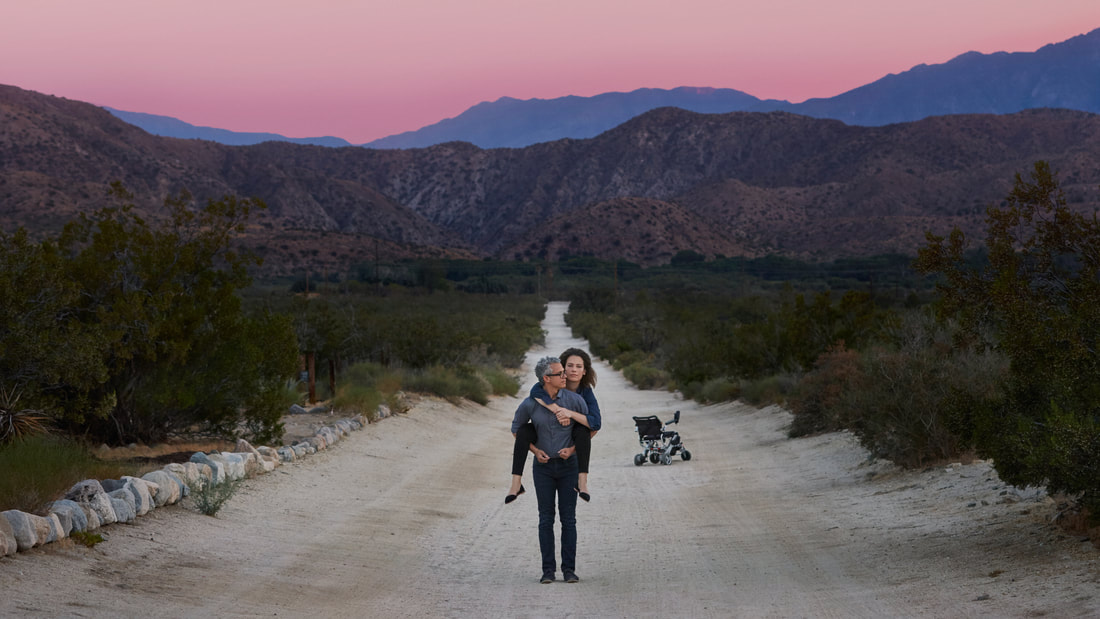
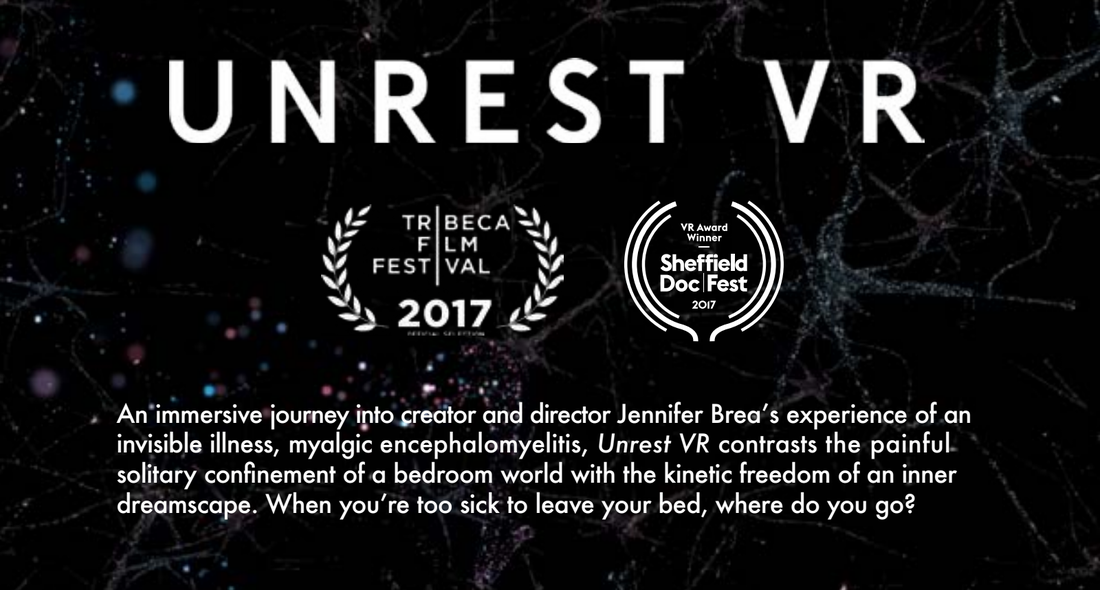
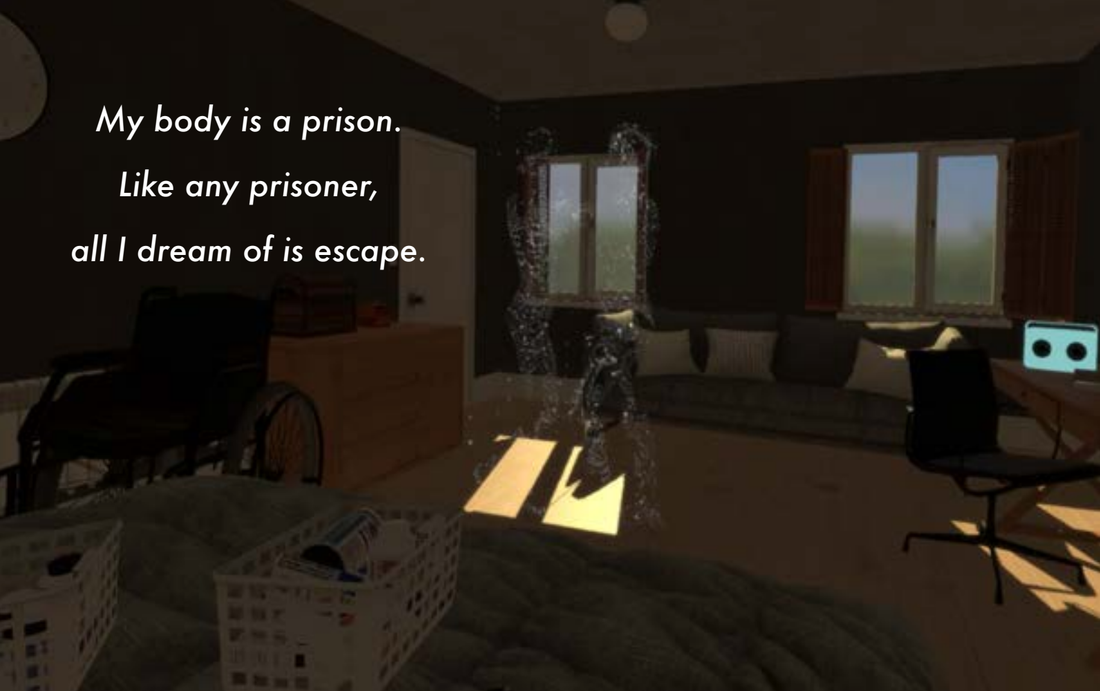
 RSS Feed
RSS Feed